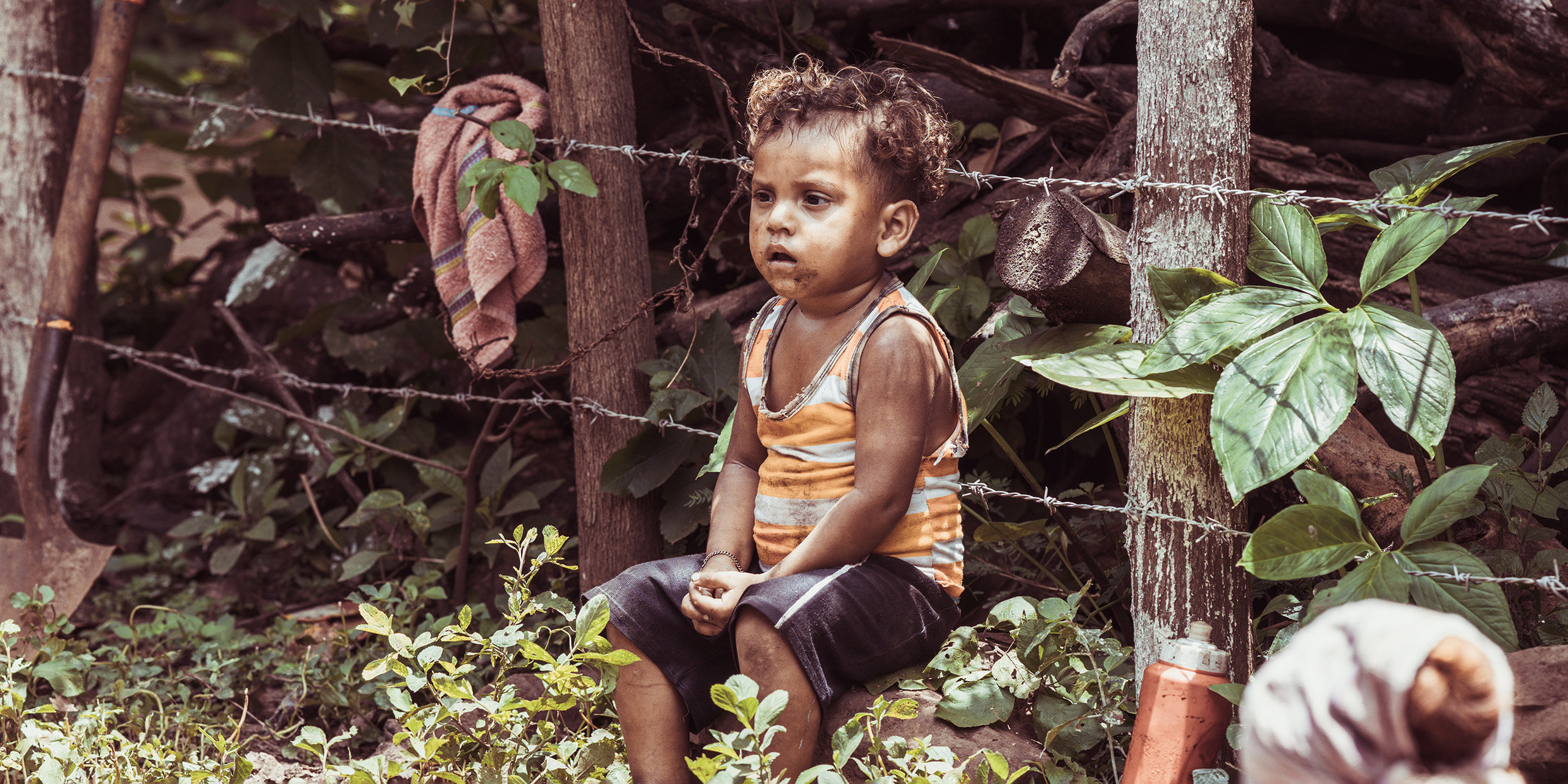Originally published 3 October 2004
A few facts:
- Almost half of the world’s population lives on less than two dollars a day.
- Despite a global food surplus, nearly a billion people are malnourished.
- One hundred million children are denied primary education.
- One third of the people of the poor world die of preventable conditions: infectious diseases, childbirth complications, malnutrition, unsafe water.
- A citizen of the United States consumes, on average, 88 times as much energy as a citizen of Bangladesh.
How do we in the rich nations react to these facts? Many of us profess to rue global inequalities of health, wealth, and education. We vaguely hope someone is doing something about it. After all, isn’t that what foreign aid is all about? Isn’t that what the World Bank and the International Monetary Fund (IMF) are supposed to be doing — lifting the poor out of their misery, sharing things around?
Well, not exactly. The United States provides a smaller proportion of its national wealth in the form of aid than any other rich nation — a mere 0.1 percent of our gross domestic product. That means you and I sacrifice one cent out of every $10 of our wealth to alleviate global inequality. We take good care of our own, however. In 2002, U. S. taxpayers gave $3.9 billion to just 25,000 American cotton farmers, or three times the entire aid budget for Africa.
As for the World Bank and IMF, Nobel-laureate economist Joseph Stiglitz has conclusively demonstrated — in his book Globalization and Its Discontents—that the effect of these supposedly well-meaning institutions has been to increase, not diminish, the flow of wealth from poor nations to rich nations. For all of our pious posturing, we in the rich nations have been slow to surrender any crumb of our wealth or sovereignty.
And we wonder why we are the target of hate and distrust. Iraq was not a demonstrable threat to our security, but global inequality certainly is.
Of course, inequality is not new. What is new is satellite communication. The stark contrast between wealth and poverty is splashed on TV screens all over the globe, inevitably provoking resentment and discontent.
If we are serious about creating a world where we are safe from terrorism, we must create a world of relative economic equality.
It’s time to stop posturing and get serious about revising international bodies — the United Nations, the International Criminal Court, the World Bank, the IMF, the World Trade Organization — so that they truly reinforce global equality, rather than serve the interests of wealthy nations. As the world’s dominant power, America should lead the way.
If this means giving up some small part of our sovereignty, so be it. A totally sovereign America is a fortress America, under siege.
If we really cared about our own security, the $500 billion we may end up spending on the misadventure in Iraq would have been better spent on AIDS drugs, condoms, mosquito nets, clean water, health care, schools, and access to the internet. Nor should we resist the outsourcing of jobs; people whose livelihood depends upon a stable international economy will not crash planes into the World Trade Center.
Science is a powerful force for global harmony, and a model for what can be when we focus on what unites us rather than what divides us. Scientists of all religious, political, national and cultural backgrounds work together and exchange information as one. Sadly, the current administration has placed restraints on international collaborations of American scientists in the name of security.
And all those anti-Bush young idealists who rant against globalization are not helping either. Globalization is not the problem, it is the solution. What is required is not increasing segmentation of society — localization — but greater integration.
Would Americans vote to spend $500 billion on creating a more just international environment? I doubt it. But we give the president a blank check to pursue destabilizing military adventurism, even as those American institutions working to mend a torn world, such as the Centers for Disease Control in Atlanta, go underfunded.
If science has taught us anything, it is that we are all one under the skin, biologically a single species, alike in every genomic particular other than the utterly trivial. Until we accept the much ballyhooed “brotherhood of man” as truly universal, and act accordingly, we will live in fear.



